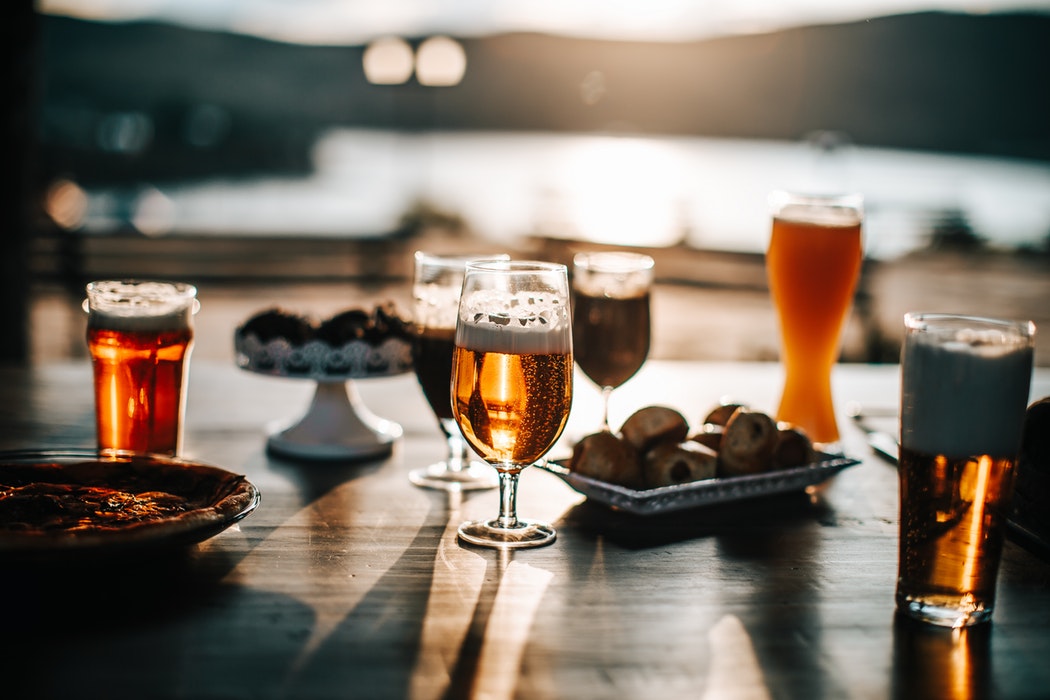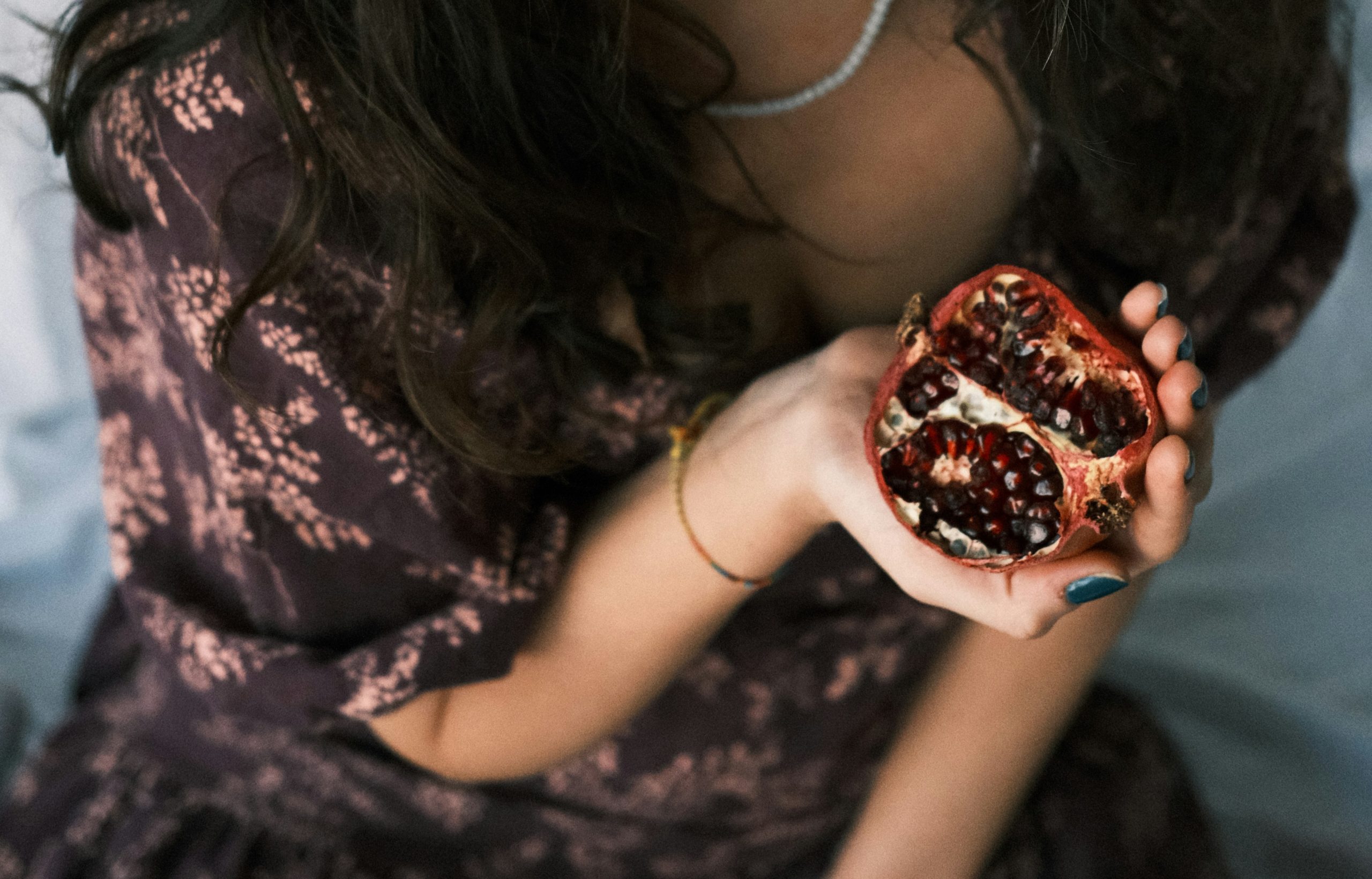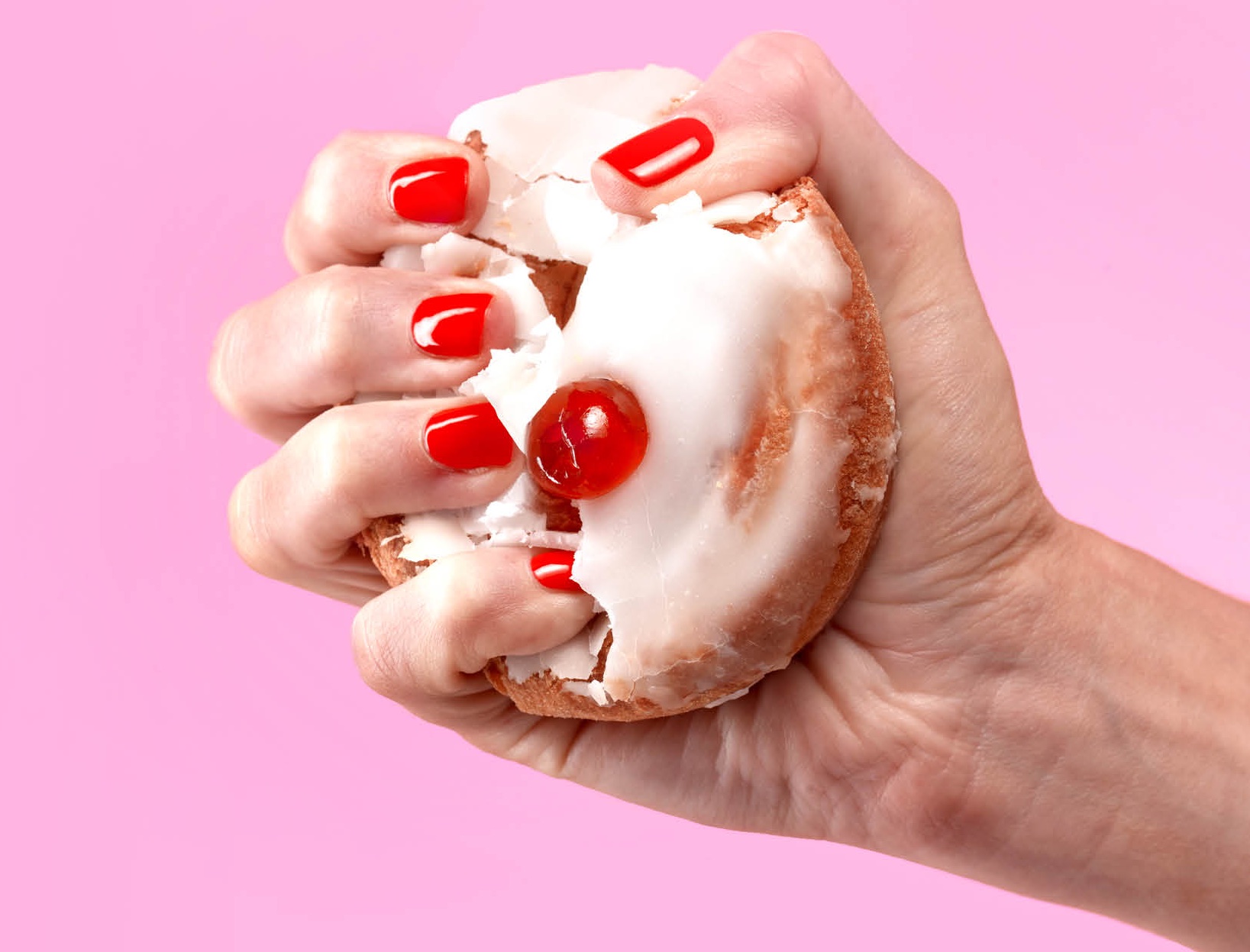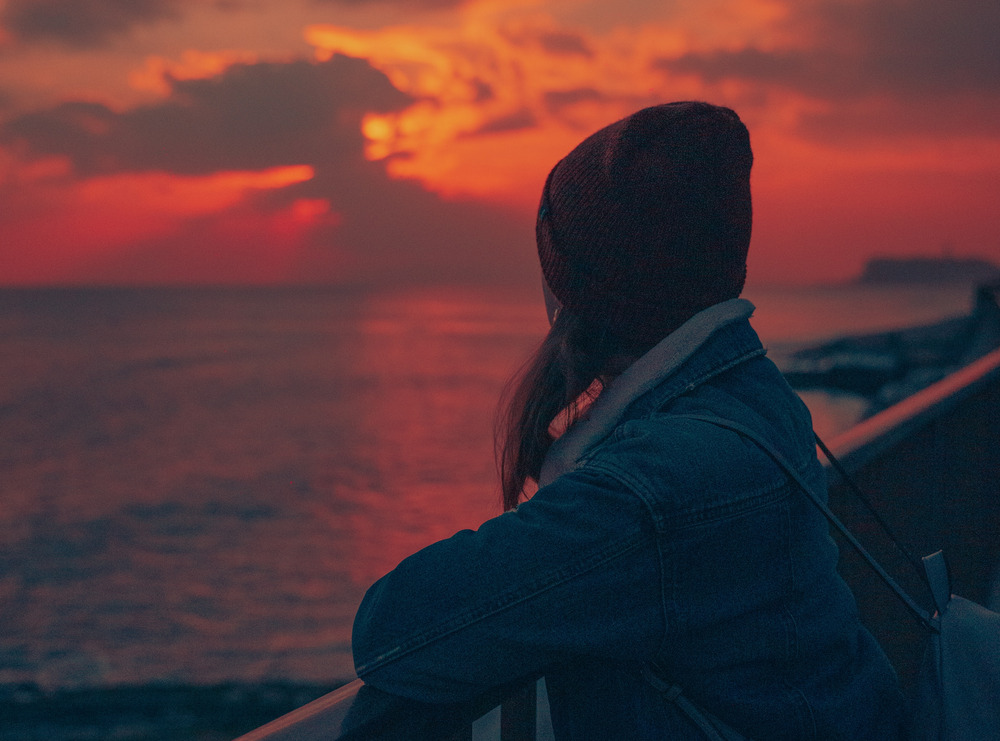interviews
This Novel About the Publishing Industry in 1987 Shows How Little Has Changed
Karen Dukess's "The Last Book Party" shows the danger of meeting your literary heroes

Eve Rosen is an aspiring writer. She’s an editorial assistant at a literary imprint, but the office seems far friendlier to WASP-y men than to Jewish women like her. When her boss’s star writer, the longtime New Yorker reporter Henry Gray, invites Eve to spend the summer of 1987 as his research assistant in Truro, Cape Cod—a town where both he and Eve have long vacationed, though in spheres separated by religion and class—she jumps at the chance.
The Last Book Party is at once delightfully gossipy and intellectually serious, an ode to literature and a warning against hero-worship.
Like Eve, both Karen Dukess and I have gone to Truro every summer of our lives, thanks to her mother, Mona, and my grandmother. They met at Mount Holyoke in the era of Jewish quotas, when the few Jewish women on campus had to live and socialize together—but in their case, it stuck. As far as I know, they’ve talked on the phone every day for fifty years.
While Karen and I talked about family, Jewishness, and female ambition in The Last Book Party, I thought often about Mona and my grandmother, two women just as ambitious as Eve.
Lily Meyer: The Last Book Party is a balance between Eve’s vacation and her real life, so to speak. To what extent do you want Truro to feel like a vacation?
Karen Dukess: I thought of Truro as Eve’s better life. She has a better sense of who she is there than in New York, or in her suburban childhood. Even when she begins looking at Henry’s literary Truro world, she’s thinking: “This is the life I want to have. This could be my better self.” It’s what she hopes her real life might be.
LM: Did you always intend to write about literary Truro, or WASP-y Truro?
KD: Not at all. The Last Book Party began as memoir. I was working in publishing at the time, and once I wrote about it, I kept writing—and then it turned into fiction. After that, I decided I wanted to write about a young woman who’s looking at another world, and idealizing it, and making a lot of assumptions about it. Eve thinks that if she enters Henry’s world, she can be who she wants to be, and then she discovers how wrong she is.
LM: What was it like to work on a novel about publishing that’s set in the 1980s with editors and publicists who are working in publishing in 2019?
KD: What surprised me the most was that when the novel was on submission, time and again, people kept telling me I’d really captured publishing. I thought, “What? I’m writing about 1987! Has nothing changed?” But several people told me that their editorial assistants related to the book, and to Eve. I was surprised to find that, at a certain level, not much had changed. Sadly, somebody told me that even the part in which Eve gets passed over for promotion in favor of a handsome, WASP-y guy could happen today.
LM: Recently, I’ve read a lot of books that address the maleness of media, most notably Taffy Brodesser-Akner’s Fleishman Is in Trouble and Lisa Halliday’s Asymmetry. Both touch Jewishness as well, but I did wonder: Is it harder for Eve to be Jewish in publishing, or to be female? Which do you think is the reason she got passed over?
The writing scene in college was very male. It seemed impossible that a suburban girl like me could be a writer too.
KD: I think it’s harder for Eve to be female. She’s very conscious that her workplace is male-dominated, and that the writing world is, too. This really draws from my own life. When I was in college, the writing scene—students, professors—was very male. To me, the men were the writers on campus. It seemed impossible that a suburban girl like me could be one, too. And Eve really feels the same way.
As far as Jewishness goes, Eve barely knows how to think about it. She’s so assimilated that she’s not conscious of it, beyond knowing that she’s attracted to the difference of Henry’s WASP-y world. Jeremy, the Jewish writer she gets to know in the book, comes from a less assimilated background, and he notices subtle anti-Semitism much more than Eve does.
LM: Did you need Jeremy in order to make the book more explicitly Jewish? Or to deal with anti-Semitism?
KD: I really wanted to have somebody from another Jewish background. Jeremy has a complicated relationship to his family, and to Jewishness. Eve thinks her suburban Jewish family background makes her not literary; Jeremy doesn’t want to deal with the grief of being the son of Holocaust survivors. They’re both running away, and that impacts how both of them try to become writers.
As far as anti-Semitism goes, I was more interested in exploring the subtleties of difference. For instance, Henry’s wife, Tilly, assumes that Eve won’t eat bacon. That’s not anti-Semitic—though she later makes comments that are—but it does show a lack of familiarity with Jewish people, or with the nuances of being Jewish. That said, an editor did say to me, “Oh, you really captured the subtle anti-Semitism of that era in publishing.”
LM: In one scene, Jeremy compares himself to Neil Klugman in Philip Roth’s Goodbye, Columbus, and Eve lives in fear of turning into the title character from Herman Wouk’s Marjorie Morningstar. I love that—and I love how many books you invoke in The Last Book Party. Are there any books that felt especially important? Was there one you always had on your desk?
KD: I didn’t plan to put so many books in! I was somewhat astounded by how many turned up at the end—over fifty—but Eve lives in books more than she lives in life. It made sense that she’d talk about books so much.
As far as important books go, the novella Goodbye, Columbus informed this book both in content and form—not just the Neil Klugman references and the storyline of someone pressing their face up against a different world than the one they’re from, but also in that Roth’s novella takes place over one summer. I re-read it while writing The Last Book Party, and I also wrote out the first sentence of each chapter to see how Roth structured this story in such a tight timeline.
Jane Eyre and Rebecca were both very important, too. I love the sense of a person entering a world she’s not quite up for and making wrong assumptions about it. Both The Last Book Party and Rebecca have big costume parties that are big disasters and lead to a lot of revelations—I borrowed that, and I love the Gothic-ness of it. Eve’s life is much less Gothic than Jane Eyre, but I do love that sense of over-the-top upset-ness.
LM: That’s how it feels to be in your twenties! I see that tendency in myself and my friends, and I appreciate that Eve has it, too.
It wasn’t until seven or eight years ago that I accepted that to be a writer, I just had to write.
KD: Sure! Life feels heightened when you’re in your twenties and you have no idea which choice will have dramatic meaning, or will change the path of your life. People often have a sense of urgency as a result—who am I? what is my life going to be? —and I think it can be overwhelming. It can make you grasp for answers.
LM: There’s a certain stereotype that millennials have no idea how to treat each other, as if our lives were an eternal episode of Girls. I appreciate that the young people in The Last Book Party, who are not millennials, all treat each other just as badly as millennials supposedly do.
KD: Well, they’re all so competitive! Eve and Jeremy are always circling each other. I think that reflects a certain insecurity. They see something similar in each other, and don’t like that, since each is trying to move away from where they’re from. Both want to join the WASP-y literary world, and both hate being reminded that they’re strivers.
LM: At one point, Eve asks how a life like hers could result in a story worth telling. Did writing The Last Book Party help you answer that question?
KD: I had to own the idea that I could tell a story—and that I could tell this story. I loved writing as a child, and I remember that when I wanted to write but got stuck, I’d always describe a girl who wanted to write a story. I had to get back to that story. In college, I was so intimidated by the “real writers” that I fled to journalism and speechwriting. I thought I didn’t have a story to tell, and that I couldn’t be a writer. It wasn’t until I joined a writing group seven or eight years ago that I accepted that to be a writer, I just had to write.









